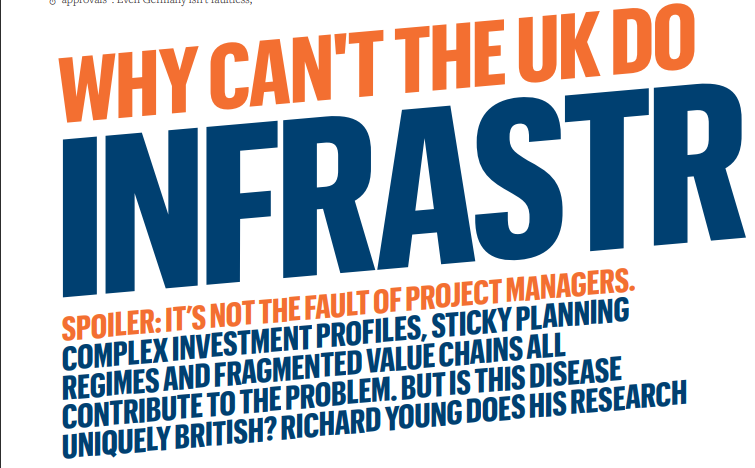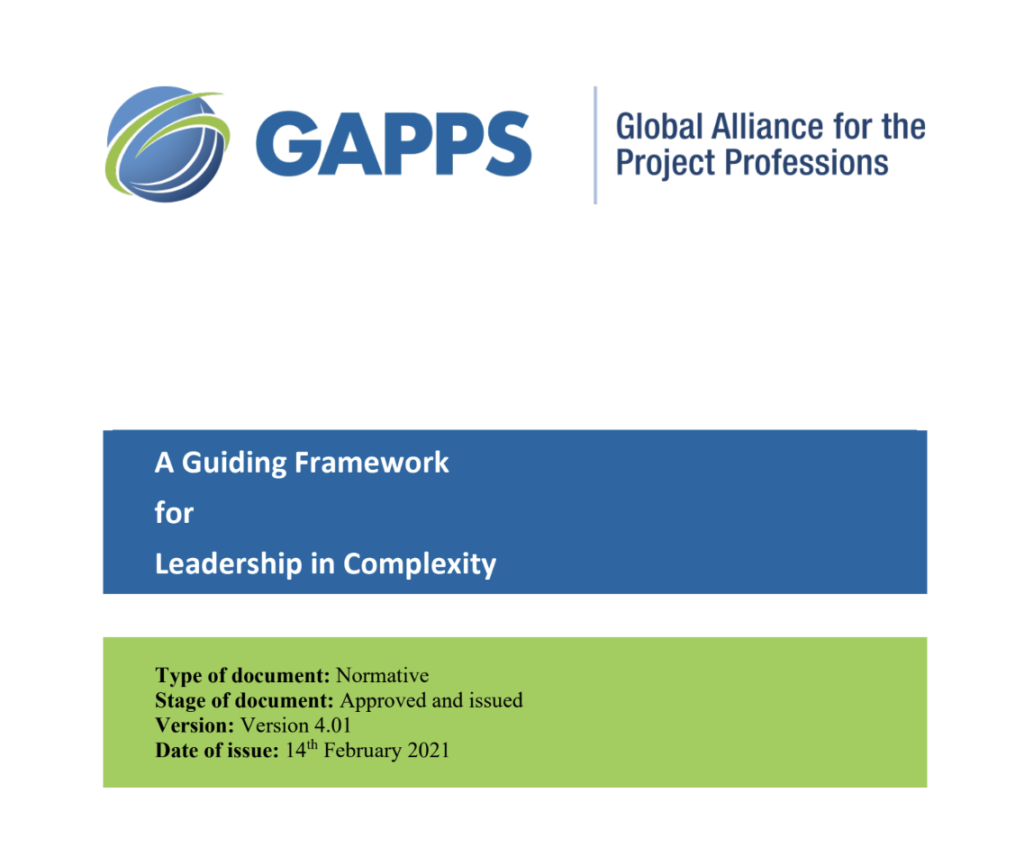
Métis: A shift towards agile management
When most managers engage in large scale projects, they will attempt to lay out every single aspect step by step, preparing a roadmap of tasks to reach the end of the line. Whilst this is a good way of reaching solutions, it can be rigid when you come across issues. This is where the concept of “Métis” may be of use. Read on to learn more about Métis and how it can be applied.
What is Métis?

Métis is an Ancient Greek concept outlining a way of thinking, translated roughly to “cunning intelligence”. The idea behind the philosophy is that you are operating with wisdom but agility, being a combination of flair, vigilance and opportunism which greater increases your ability to respond to management challenges in a way that allows you to take full advantage. This mindset of flexibility and response rather than having steps set in stone can direct you to further success rather than stumbling at hurdles.
Tailoring solutions

If you prefer to use one-size-fits-all solutions to management issues, you may struggle to engage with a métis driven mindset. As said by James C. Scott in “Seeing Like a State”, it is often used in scenarios that are “so complex and non-repeatable that… procedures of rational decision making are impossible to apply”. Some situations simply demand an agile solution, and those agile solutions are best found by engaging a mindset more compatible with métis than rigid design structures. Although project management, as opposed to agile management, may be better suited to megaprojects, the inevitable project complexity that stems from this requires métis to craft solutions.
Métis in context

Although the context Métis operates within is never consistent, there are many examples of its use. Counter-intelligence operations in the second world war are some of the most prominent examples, with Operation Mincemeat a key example. Responses that are far away from the norm are difficult to discover in traditional management structures, but can often be the most vital in achieving results. Similar mindsets can be found in Taipei 101’s bamboo-based structure, as designers, planners and managers around the world note the positives of embracing more agile management.
Where your personal methods of project management may be sturdy and relatively inflexible, there are plenty of valuable positives you can reap from introducing Métis into your personal management methodology.






